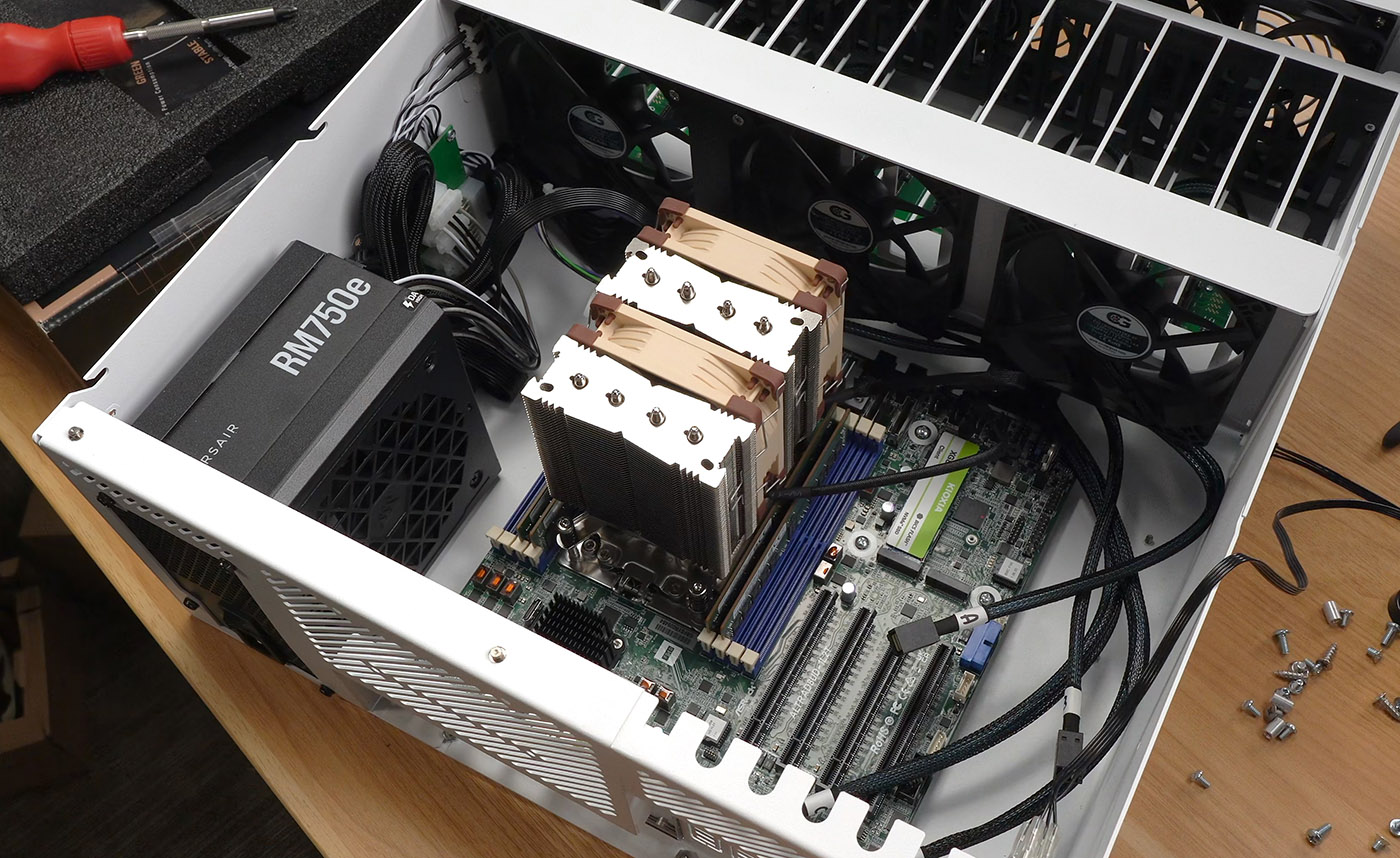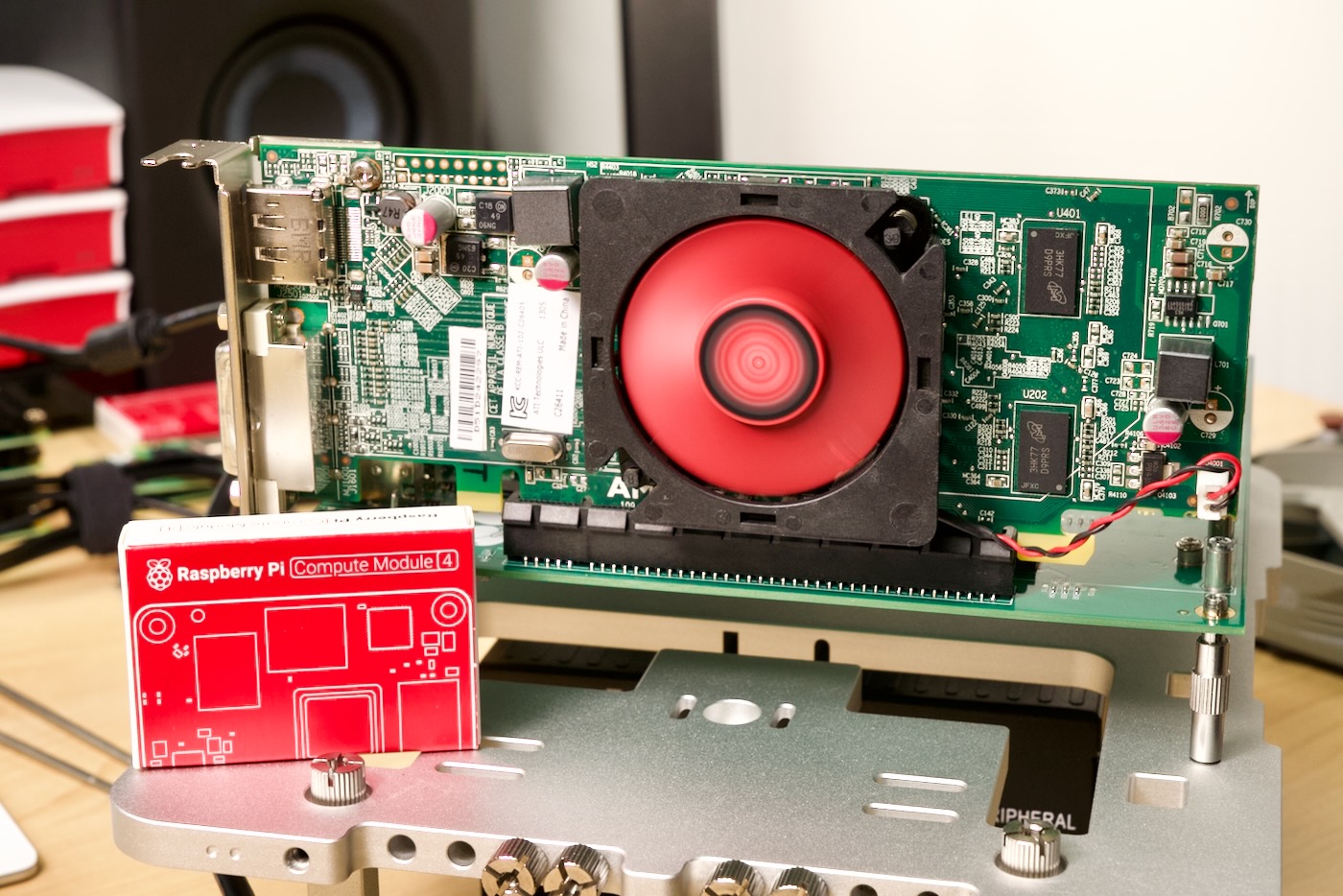Getting beyond ProcessExecutionErrors when installing Ubuntu on arm64
Currently there are precious few SystemReady Arm computers—computers like the System76 Thelio Astra I was sent recently to test.
The level or 'band' of SystemReady SR used by modern Ampere-based arm64 workstations and servers means you can install any out-of-the-box Linux distributions, as long as they provide an arm64-compatible installer.
Ubuntu has some of the most complete support for arm64, so I went to download a Live CD ISO I could flash to a USB stick, to install on my test Thelio Astra. For server installs (with no GUI), either 4k or 64k page sizes, there are easily-findable ISOs:
However, for desktop, you can only get it via daily build downloads:







